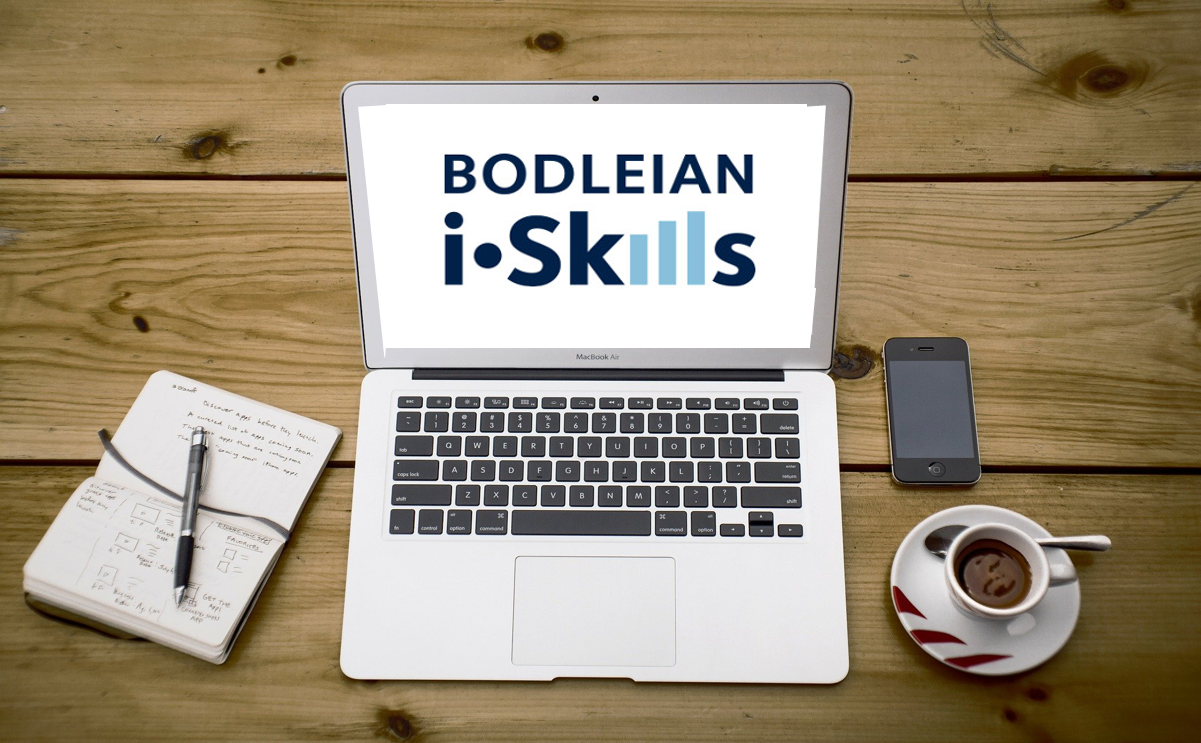 Bodleian iSkills workshops aim to develop your skills in information discovery and scholarly communications, covering a variety of resources across a wide range of disciplines. They are primarily aimed at University of Oxford students and staff. Some workshops take place face-to-face, whilst others are run online.
Bodleian iSkills workshops aim to develop your skills in information discovery and scholarly communications, covering a variety of resources across a wide range of disciplines. They are primarily aimed at University of Oxford students and staff. Some workshops take place face-to-face, whilst others are run online.
The workshops are FREE but online booking is essential. A list of the sessions taking place this term can be found on the iSkills Workshops webpage.
Workshops taking place beyond the end of Hilary term
Thursday 14th March 14:00-15:30
Open Scholarship: Forum of Open Scholarship
During this forum speakers from Bodleian Open Scholarship Support and across Oxford will discuss current changes in the field of open scholarship. Including subjects like data, open access, open monographs, copyright and more. It is advised that attendees of the forum have previously attended the Fundamentals and Logistics courses to improve understanding.
Format: Online using Microsoft Teams.
Tuesday 19th March 10:30-12:00
Open Scholarship: Fundamentals of Open Access
Are you baffled by open, confused by embargoes? Does the mention of the colour gold or green catapult you into a realm of perplexed irritation? Come to this session, where we’ll break down open access and all its many jargon terms, confusing publishing structures and hint at the advantages you can reap by publishing open.
Format: Online using Microsoft Teams.






